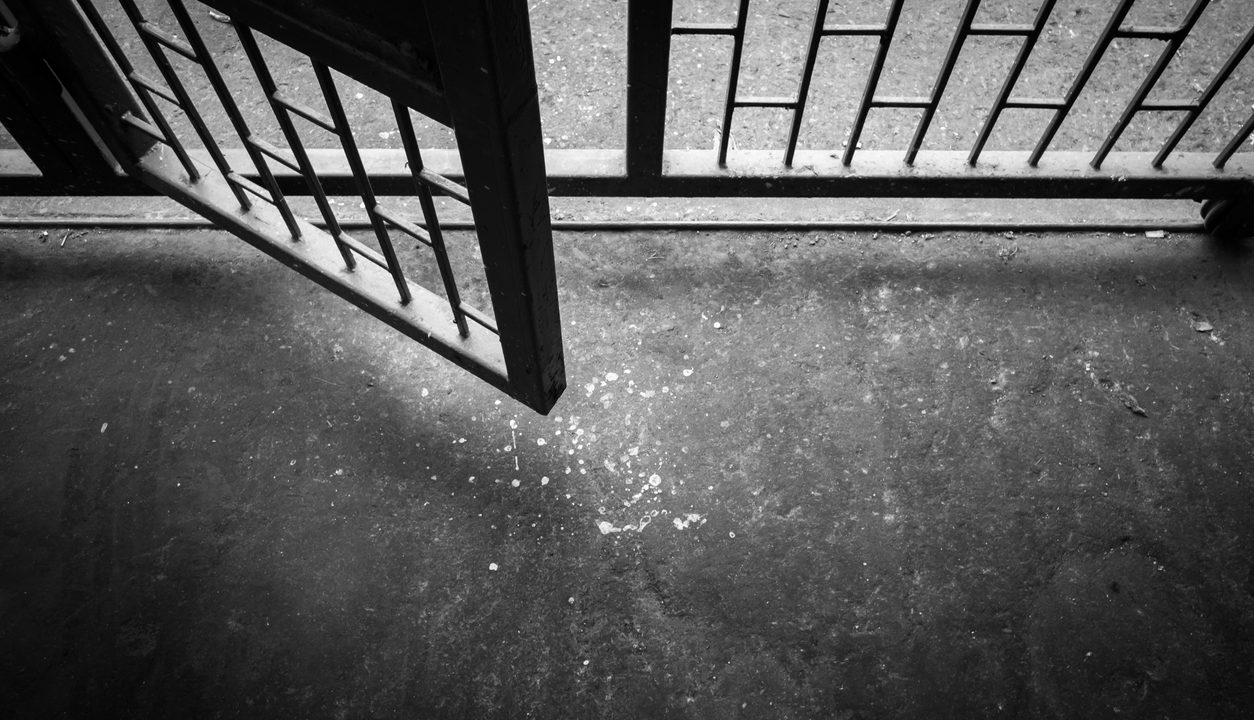Conditional and absolute discharges are judicial outcomes that may be substituted instead of a conviction. They are available where an accused person pleads guilty to an offence for which there is no minimum term of imprisonment, and the judge deems them to be in the public interest.
What is the difference between a conditional and an absolute discharge?
Once you have been absolutely discharged for an offence, the matter is finished. However, for a conditional discharge, there will be a probation order made with conditions attached to it. The probation order will last between one and three years. The conditions attached to it will always include:
- That you keep the peace
- Appear before the court when required to do so by the court
- Notify the court or probation officer in advance of any name or address change
- Promptly notify the court or the probation officer of any change of employment or occupation
In addition to these conditions, the court may also order that you:
- Report to a probation officer
- Abstain from communicating directly or indirectly with any person
- Abstain from going to any place or geographic area
- Remain within the jurisdiction of the court
- Abstain from the consumption of drugs, alcohol or any other intoxicating substance
- Provide samples of a specific bodily substance
- Abstain from owning, possessing, or carrying a weapon
- Provide the support or care of your dependents
- Perform up to 240 hours of community service
- Participate actively in a treatment program or treatment facility
This list is not exhaustive, and the court may order you to comply with any other reasonable conditions that it considers desirable.
What are the implications of conditional and absolute discharges?
Employment
Absolute and conditional discharges can have significant and potentially long-term implications for your employment. If you receive an absolute discharge, it will appear on your criminal record for at least one year after the date you receive it. Meanwhile, a conditional discharge will appear on your criminal record for at least three years after completing the probation order. Once these time periods have elapsed, your discharge will be automatically removed from the RCMP’s National Criminal Records Repository. However, it will not be automatically removed from the records of the arresting police force. You will have to apply to remove it, and the arresting police force may refuse.
Having a criminal record can make your employment limited by organization and profession. If your employer or potential employer asks for a criminal record check, they will become aware of your conditional or absolute discharge if it is still on your record. Police may still disclose that a discharge existed if you apply for a vulnerable sector check, and they deem it to be relevant to the position you are applying for. This includes positions of trust over vulnerable persons, including children.
Travel
Receiving a conditional discharge may also cause complications for travel outside of Canada, particularly to the United States. If you have a discharge for an excludable offence, you will have to apply for a waiver of inadmissibility in order to cross the border into America. Excludable offences include crimes of moral turpitude, or crimes that involve dishonesty such as theft and fraud, violent crimes, and drug-related crimes.
Waivers of inadmissibility may not be granted for up to five years after you are given the discharge and are only temporary even when acquired successfully. As a result, obtaining waivers of inadmissibility may become a constant and costly hurdle to entering the United States over the course of your life.
Providing a DNA sample
If you are discharged for a primary designated offence, you will likely be required to provide a DNA sample upon being granted a discharge. Primary designated offences are serious offences, including sexual or other serious assaults.
In order to avoid providing a DNA sample, the onus will be on you to convince the court that the impact on your privacy and security of the person would be grossly disproportionate to the public interest in the protection of society.
You may also be required to provide a DNA sample if you are granted a discharge for a secondary designated offence. Secondary designated offences include indictable offences or hybrid offences preceded by way of indictment, for which the maximum penalty is a term of imprisonment of at least five years.
However, for secondary designated offences, the burden is on the Crown to convince the court to make the order. In making this decision, the court is required to consider your criminal record, the nature of the offence, the circumstances surrounding its commission, and the impact it would have on your privacy and security of the person.
Whether ordered in relation to a primary or secondary designated offence, the DNA sample you provide will be stored separately from the general DNA sample bank for convicted persons. However, it will be stored and held for life.
Further criminal charges
If you breach the terms of your probation order without a reasonable excuse, you will be subject to further criminal charges. If you are charged with failure to comply with a probation order, the Crown will have the option of electing to proceed by way of indictment or to proceed summarily. If the Crown chooses to proceed summarily, you will receive a maximum penalty of a $5,000 fine and a two-year term of imprisonment. However, if the Crown elects to proceed by indictment, you will be subject to a maximum term of four years imprisonment.
In addition, your conditional discharge may be revoked if you commit any further criminal charges while the probation order relating to it is still in effect, including failure to comply with the probation order. Should this occur, you will have to reappear before a judge for the original charge and will likely receive a harsher punishment.
